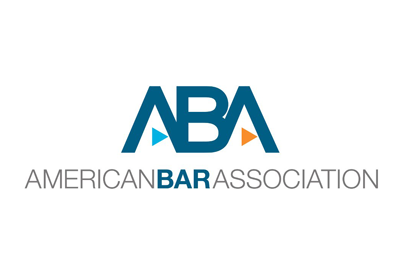



Project Title: Improving Legal Safeguards for Internet Freedoms in Georgia
Project Funded: The American Bar Association (through its Fund for Justice and Education supported by the U.S. State Department Bureau of Democracy, Human Rights and Labor)
Sub-award Number: S-LMAQM-16-GR-1095
Project Budget: USD 11,649
Project Duration: March 1, 2017 – July 31, 2017
Project Goals and Objectives
The general goal of the project is to ensure and strengthen safeguards and Internet freedoms on the legislative level in Georgia.
To this end, the major objectives of the project are:
- Encourage public discussions on issues of blocking, filtering and take-down of online content in Georgian society;
- Foster multi-stakeholder dialogue on issues of blocking, filtering and take-down of online content in Georgia;
- Identify major challenges and problems relevant for Georgia in the sphere of restrictions of the Internet;
- Study international practice and international standards in terms of Internet freedom and share the aspects relevant for Georgia’s challenges;
- Propose draft laws on Internet freedoms, including legal restrictions of online content.
Beneficiaries
The primary beneficiaries are civil society, media, and private sector and government institutions as well as the general public. The project team plans to organize workshops (at least 3 workshops) with the participation of the following stakeholders:
- Government institutions
- Media and CSO representatives, members of academia
- Representatives of private sector, including Internet service providers
Project activities:
1) Workshops
In order to achieve the stated goals and objectives, the project team plans to encourage public discussions on issues of blocking, filtering and removal of illegal content in Georgia. For this purpose, at least three workshops will be organized with the participation of various stakeholders (media, NGOs, government, private sector and academia representatives).
The major objectives of these events will be: on the one hand, to show the importance and relevance of the project topic for Georgia, and on the other hand, to take their positions into account before the initiation of a draft law. In general, these workshops will foster multi-stakeholder dialogue, which could lead to the elaboration of proper legislative proposals reflecting the interests of a wide segment of society.
2) Study and a draft law
Another important activity of the project is to prepare a comprehensive legal and practical analysis of the Internet regulation in Georgia and international standards in this regard. The main focus will be on issues of filtering, blocking and takedown of illegal content, and the role of different stakeholders and institutions in this process.
Based on the study, a package of recommendations will be elaborated for the government to adopt a comprehensive policy to ensure Internet freedom in the country. Most importantly, as Internet restrictions are chaotically regulated in different legal acts, adopting a uniform law on freedom of Internet is crucial. Therefore, the project team will elaborate a draft law regulating the above-discussed issues. The proposal should inter alia include an exhaustive list of scenarios when certain content can be filtered, blocked or taken down.
Equally important is having a clear and unambiguous distinction between the powers and obligation of state institutions dealing with the issue of freedom of Internet, e.g. GNCC, Prosecutors Office, State Security Service, Personal Data Protection Inspector, etc. The role of courts should be precisely defined in the process of filtering, blocking and takedown of illegal content. Also, rights and obligations of ISPs should be clear and enshrined in the legislation.
3) Communication of the draft law with the public
In order to have public consensus on the prepared draft law, the project team will closely cooperate with different stakeholders. The draft law will be distributed among IDFI’s partners from the media, NGOs and academia. Also, representatives of the government and private sector will be informed, including the participants of the workshops. The studies and recommendations worked out during the project will be public and anyone will have the opportunity to comment. In this way, IDFI will get feedback from different stakeholders with various means of communication and make final changes to the draft law.
4) Submission of the draft law to the government
Afterwards, the final version of the draft legislation will be submitted to the relevant government institutions to have it later be initiated in the Parliament of Georgia.